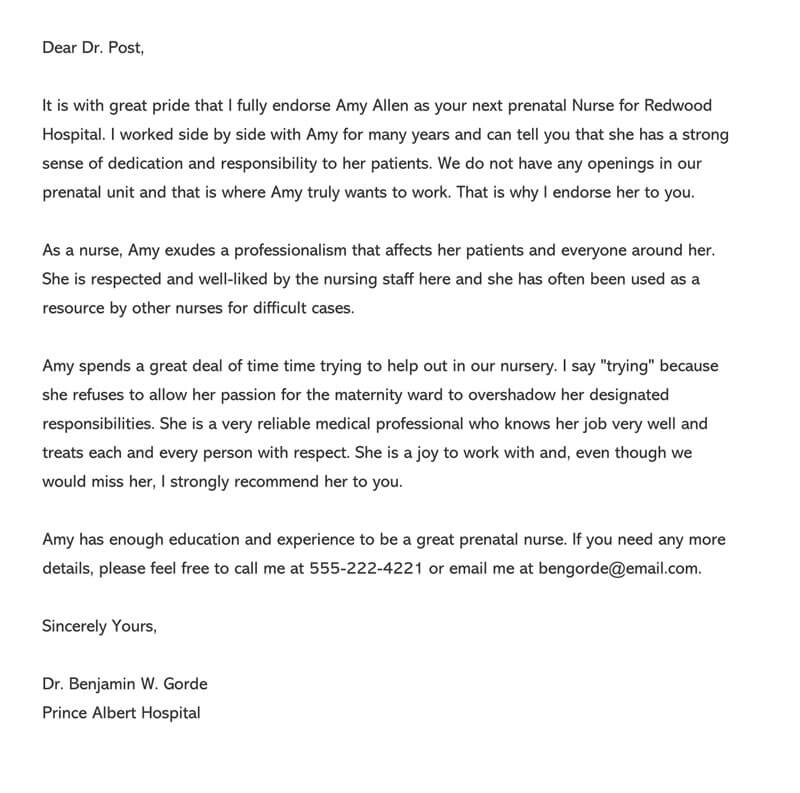Casual employees - Casual , part-time and full-time - Types of. What is a casual employee? Can a casual employee change to full time? One of the hallmarks of casual employment is the ability of a casual employee to accept or decline shifts as they see fit. Issues have arisen for some employers where casual employees in receipt of JobKeeper payments are refusing shifts where they realise they will be entitled to the JobKeeper subsidy whether they perform work or not.
Athena Koelmeyer, managing director at Workplace Law, says “in the ‘old days’ pre-COVID-1 casuals could always refuse shifts , that is one of the deals with true casual employment , unlike permanent employment where employees have to turn up and work when the employer requires it”. Your team leader has no power over firing you so just accept what hours you can manage to do. At my work place if casual workers cancel a lot of. Whether you are required to work or not depends on the conditions you are employed under. If you are a casual employee, you have no obligation to adhere to an employers roster requirements.
However if you are a permanent employee, your. Yes as a casual you can refuse shifts. Normally when you get the roster.
Generally, an employer may offer a casual employee employment work on a particular day or days, and when offere the employee can elect to refuse the engagement. There is usually no firm advance commitment as to the duration of the employee ’s employment or the days (or hours) the employee will work. The number of people who are taking on casual work is on the rise. Casual work is a great option for people who want or need flexibility in their life.
For example, an employee who works to a roster that could change each week and can refuse or swap shifts is casual. A casual employee also does not commit to all work an employer might offer. It mostly hinges on whether you are free to turn down work. If you’re a casual worker, you will basically have no rights, not even to redundancy pay.
If you’re an employee, you probably have the right to return to work after the refurbishment and perhaps to payment whilst it’s taking place. The employer includes in its contracts of employment that, if neede workers will have to work extra hours during the busy periods. If an employer includes an exclusivity clause in a zero hours contract, the individual cannot be bound by it, the law states the individual can ignore it.
Whether or not employers can demand eligible JobKeeper workers do extra shifts to meet the $500-a-fortnight payment is causing confusion and chaos in the hospitality industry. An employer must not attempt to avoid the. Employers can only refuse this request by providing proper, reasonable, and legally acceptable grounds for rejection. Casual workers looking into requesting transfer from casual to permanent employment are also afforded the right to contact their unions and seek legal advice to initiate and further their request for permanent employment. They can refuse to pick up any shifts during this time and effectively leave before their notice is up.

But that doesn’t mean you can just stop offering them work. If you do, your staff could claim discrimination and take you to an employment tribunal. Employees Rights Employees have two sets of rights: their contractual rights as set out in their contract of employment and their statutory rights. Any request by an employer to change shift patterns will in part depend on whether an employee’s contract allows the change.
In short yes you do have the right to say no to any shift. As a casual worker you are not bound by any contracts or set work times etc. In this question, the employee is not asking to change hours as part of a flexible working arrangement but to stay on the day shift.
Because the request is not to change, the employer may seize on this and still try to force the employee to work nights. Bank staff is the collective name used for a pool of people an employer can call on as and when work becomes available. The employer is not obligated to provide work for its “bank staff” nor is any member of the pool of bank staff obliged to accept it should it be offered.
No comments:
Post a Comment
Note: only a member of this blog may post a comment.